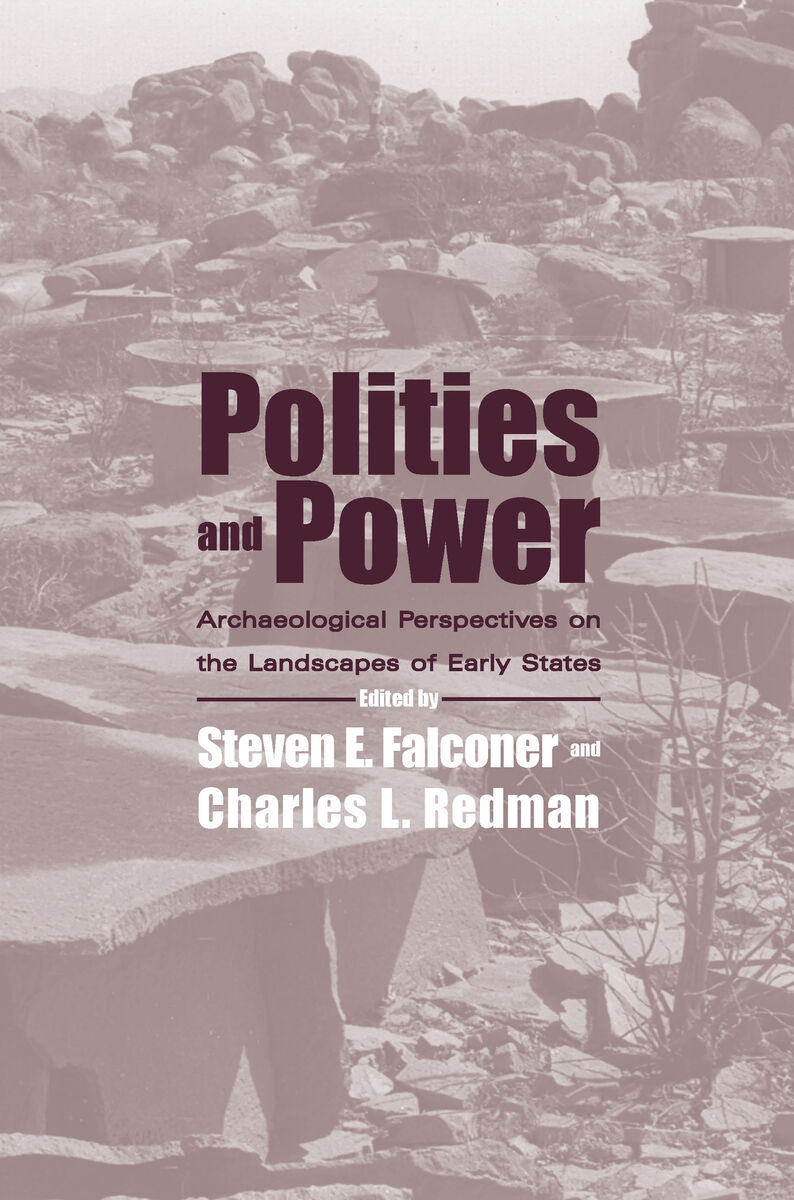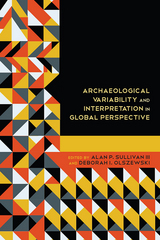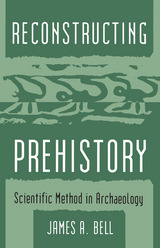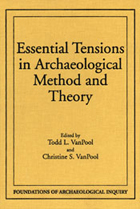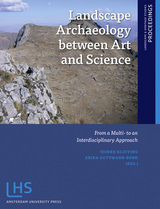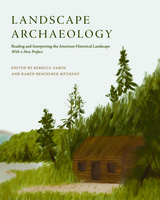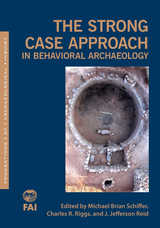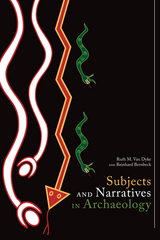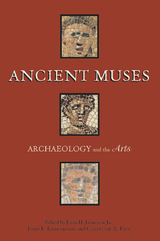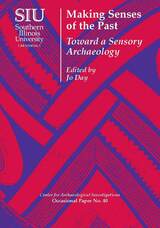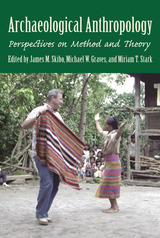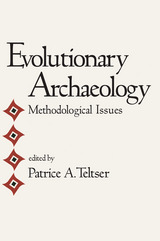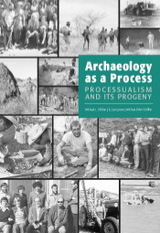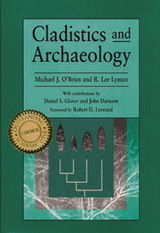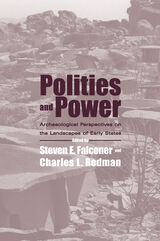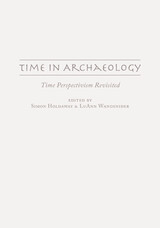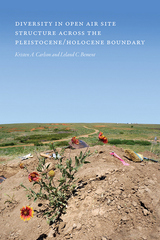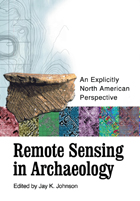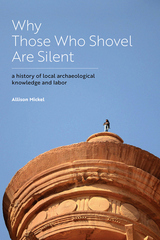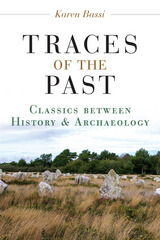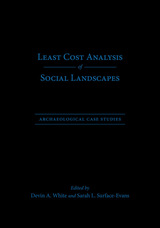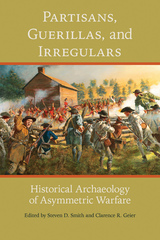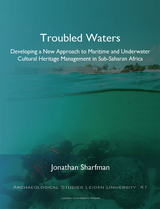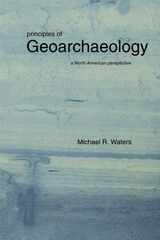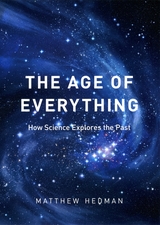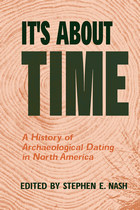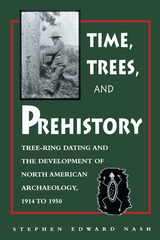Polities and Power: Archaeological Perspectives on the Landscapes of Early States
University of Arizona Press, 2009
Cloth: 978-0-8165-2603-1 | eISBN: 978-0-8165-5138-5
Library of Congress Classification CC75.7.P65 2009
Dewey Decimal Classification 930.1
Cloth: 978-0-8165-2603-1 | eISBN: 978-0-8165-5138-5
Library of Congress Classification CC75.7.P65 2009
Dewey Decimal Classification 930.1
ABOUT THIS BOOK | AUTHOR BIOGRAPHY | REVIEWS | TOC
ABOUT THIS BOOK
This distinctive book is the first to address the topic of landscape archaeology in early states from a truly global perspective. It provides an excellent introduction to—and overview of—the discipline today. The volume grew out of the Fifth Biennial Meeting of the Complex Societies Group, whose theme, States and the Landscape, paid tribute to the work of Robert McC. Adams. When Adams began publishing in the 1960s, the interdependence of cities and their countrysides, and the information revealed through the spatial patterning of communities, went largely unrecognized. Today, as this useful collection makes clear, these interpretive insights are fundamental to all archaeologists who investigate the roles of complex polities in their landscapes.
Polities and Power features detailed studies from an intentionally disparate array of regions, including Mesoamerica, Andean South America, southwestern Asia, East Africa, and the Indian subcontinent. Each chapter or pair of chapters is followed by a critical commentary. In concert, these studies strive to infer social, political, and economic meaning from archaeologically discerned landscapes associated with societies that incorporate some expression of state authority. The contributions engage a variety of themes, including the significance of landscapes as they condition and reflect complex polities; the interplay of natural and cultural elements in defining landscapes of state; archaeological landscapes as ever-dynamic entities; and archaeological landscapes as recursive structures, reflected in palimpsests of human activity.
Individually, many of these contributions are provocative, even controversial. Taken together, they reveal the contours of landscape archaeology at this particular evolutionary moment.
Polities and Power features detailed studies from an intentionally disparate array of regions, including Mesoamerica, Andean South America, southwestern Asia, East Africa, and the Indian subcontinent. Each chapter or pair of chapters is followed by a critical commentary. In concert, these studies strive to infer social, political, and economic meaning from archaeologically discerned landscapes associated with societies that incorporate some expression of state authority. The contributions engage a variety of themes, including the significance of landscapes as they condition and reflect complex polities; the interplay of natural and cultural elements in defining landscapes of state; archaeological landscapes as ever-dynamic entities; and archaeological landscapes as recursive structures, reflected in palimpsests of human activity.
Individually, many of these contributions are provocative, even controversial. Taken together, they reveal the contours of landscape archaeology at this particular evolutionary moment.
See other books on: Andes | Iraq | Landscapes | Power (Social sciences) | Social archaeology
See other titles from University of Arizona Press
